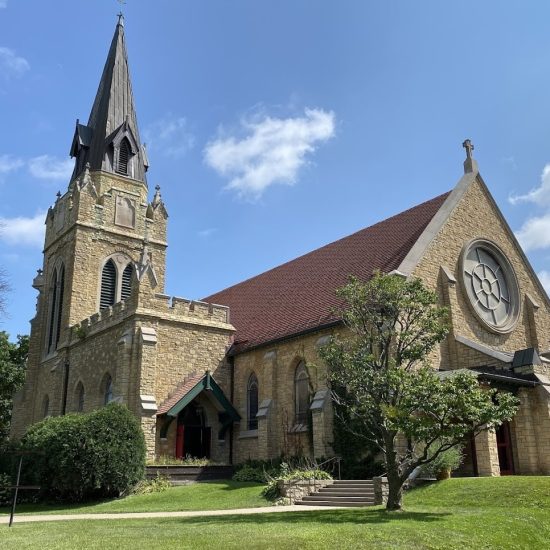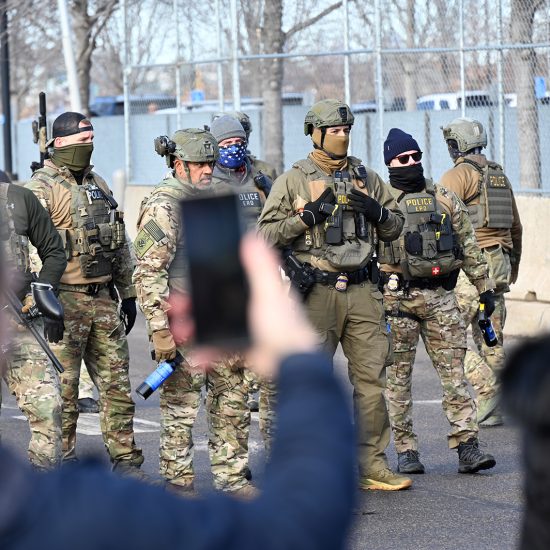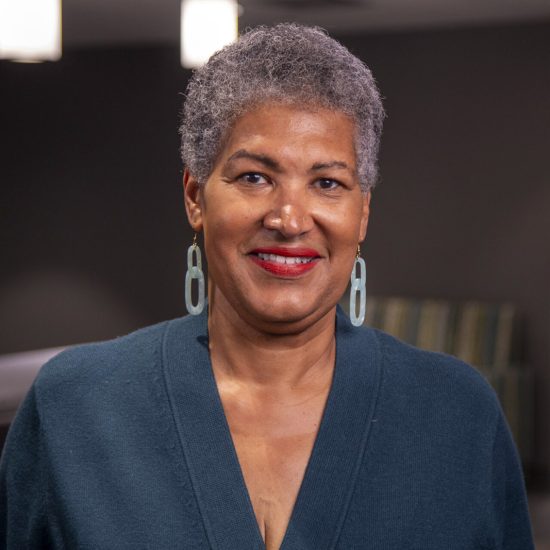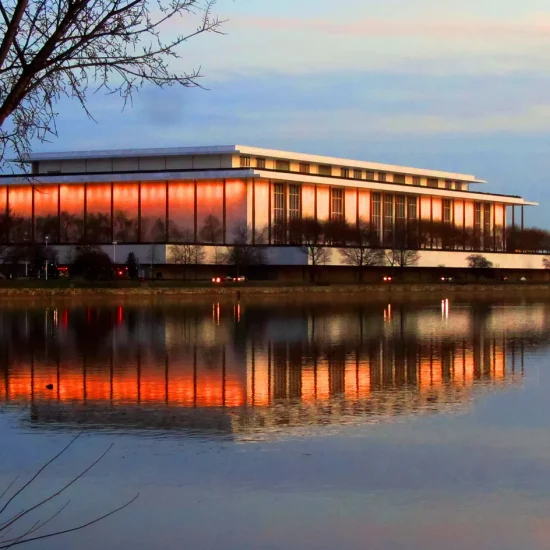Within a three-week period in June, three prominent Baptist groups in the United States held their national meetings. Word&Way published an account of the first to meet — the Southern Baptist Convention — in our previous issue. We offer reports in this issue from the other two, American Baptist Churches USA and the Cooperative Baptist Fellowship.

Bill Webb
|
All three trace their forebears to the Triennial Convention of Baptists — formally the General Missionary Convention of the Baptist Denomination in the United States of America for Foreign Missions — dating back to 1814, some 199 years ago. It was the first national denomination of Baptists in America, and it was formed out of a mutual concern for missions.
But the issues of slavery and culture prompted the withdrawal of Baptists in the south, who formed the Southern Baptist Convention in 1845. These Baptists left the Triennial Convention over the issue of whether slave owners in their midst could be appointed missionaries. Slavery was the issue that broke the camel’s back in the pre-Civil War split.
Sixty-two years later, in 1907, the Triennial Convention was succeeded by the Northern Baptist Convention, known today as American Baptist Churches USA, the name adopted in 1972.
The Cooperative Baptist Fellowship arose out of a split from the Southern Baptist Convention in 1990, a culmination of 10 years of simmering controversy between so-called conservative and moderate factions that had jockeyed for leadership of the denomination, the nation’s largest among non-Catholics. After years of voting and election losses, moderates departed to establish CBF.
Today, the SBC and CBF meet separately in June each year. The American Baptists hold a biennial convention, meeting every two years as they did a couple of weeks ago in Overland Park, Kan. The SBC and CBF met in Houston and in Greensboro, N.C., respectively in 2013.
Outsiders have learned to expect that Southern Baptists will produce conservative resolutions on usually 10 or more social/political issues such as abortion, homosexuality and others. While not binding on Southern Baptists, these resolutions — often sharply worded — state the positions and feelings of a majority of “messengers” to each annual meeting. These issues often are advanced by the convention’s news service, Baptist Press, and then reported upon widely after messengers have met and cast their votes.
Because of the denomination’s size, regional and national news media cover the SBC.
American Baptists also are issue-oriented but they favor issues of social justice more than orthodoxy. They tend to engage more readily in ecumenical and interfaith endeavors, including dialogues with Muslims and various other faith groups. They are a part of broader mainstream religious life though the National and World Council of Churches, for instance.
Somewhere in between is the younger CBF, which also sees itself and its members more open-minded on many issues than Southern Baptists, such as matters of social justice, immigration and mass incarceration.
The Southern Baptist Convention is by far the largest of the three entities, and it does not encourage fraternal relationships between representatives of the other two. The ABC and CBF bodies do have representatives bringing greetings to each respective group, which are linked by common participation in the Baptist World Alliance and its North American arm, the North American Baptist Fellowship.
A generation ago, Southern Baptists, easily the largest financial supporter of BWA, withdrew that support and cut their BWA ties, claiming at the time that the Fellowship and many of its leaders and members were too liberal in theology and that BWA did not grant Southern Baptist representation and decision-making commensurate with the dollars Southern Baptists had long provided.
Both ABC and CBF participated in the New Baptist Covenant gatherings in recent years. These were efforts to unify Baptists of the United States in common areas of conviction and service. The Southern Baptist Convention did not endorse the effort or encourage member churches to participate.
In their most recent meetings:
• Southern Baptists, predicted by their leaders that they would call for a mass exodus of local church sponsorships of Boy Scouts because national leadership supported inclusion of youngsters with same-sex attraction, condemned the policy change but stopped short of pressing from an all-out withdrawal by churches and families.
• American Baptists continued their “Transformed by the Spirit” dialogues with more than 1,000 delegates participating at the table in several hours of dialogue, each group focusing on one of 30-plus aspects of congregational life with an eye to enhancing each. They celebrated key anniversaries and the part American Baptists have played in each, including the Emancipation Proclamation, 150 years ago; the bicentennial of Adoniram and Anne Judson landing in Burma with the first Baptist witness there; and the anniversary of the First Baptist Church, Providence, the first Baptist congregation in the American colonies.
• Cooperative Baptist Fellowship, which implemented the new organizational structure members approved just a year ago, including re-sized and re-vamped governing boards. CBF also welcomed its newly elected executive coordinator, Suzii Paynter, and commissioned its latest crop of field personnel.
Southern, American and CBF Baptists all regard themselves as committed to personal evangelism, missions and benevolent ministries to the needy. Obviously, each has its own distinctives, but each sponsors domestic and overseas missions programs. Each is driven by the divine imperative to bring the world into a saving relationship with Christ.
For all the differences between these three Baptist groups, they possess obvious similarities. After all, they all claim the Baptist heritage. They should look for ways to engage in complementary mission and ministry, and projecting the unity they claim in Christ.
Bill Webb is editor of Word&Way.






